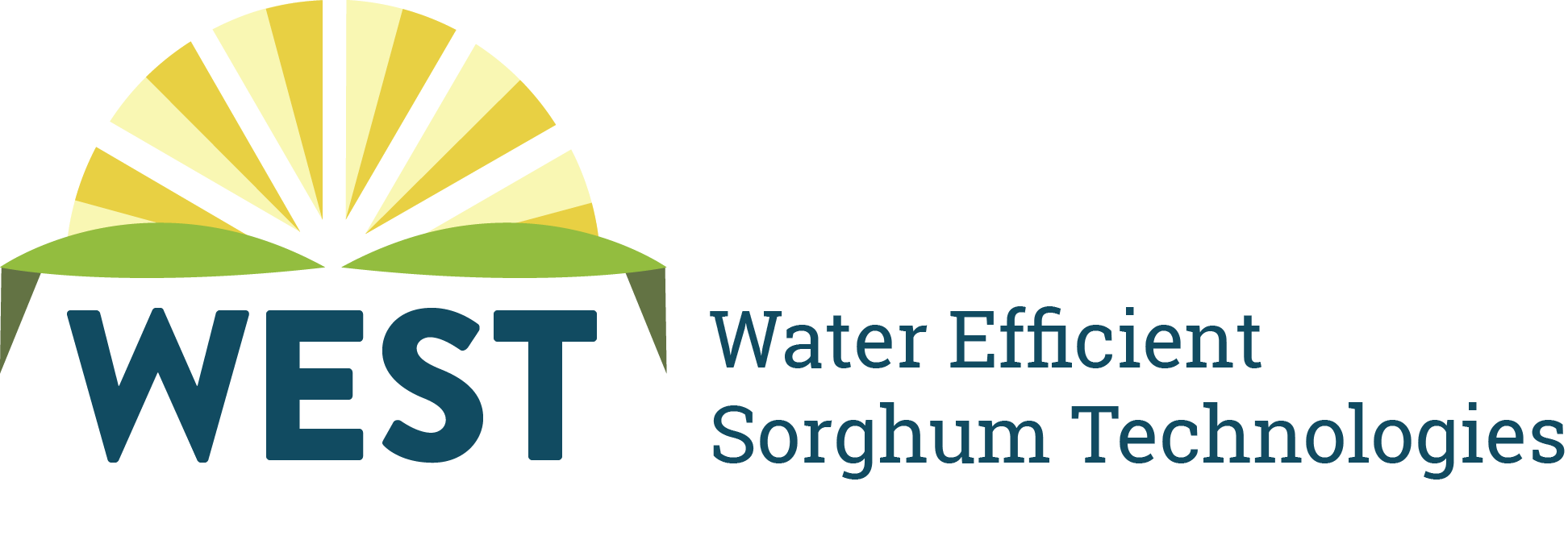
Crops in silico is a global scientific collaboration led by the University of Illinois that aims to harness the great strides in the understanding of plant function, from genes to whole plants, to accelerate forward approaches to crop breeding and bioengineering. This community is comprised of experts in experimentation, agronomy, physiology, phenotyping, modeling different plant processes, software development, and visualization. Our vision is to develop intuitive tools that enable integration of information from genome to phenome to the ecosystem, spanning spatial and temporal scales, to capture the emergent properties of complex, nonlinear systems.

Formed in 2012, Realizing Increased Photosynthetic Efficiency (RIPE) is an international research project that is engineering plants to photosynthesize more efficiently to increase the yields of staple food crops and improve global food security. The goal is to equip farmers worldwide with higher-yielding crops to increase their income and opportunities. RIPE formed in 2012, funded by a five-year, $25-million grant from the Bill & Melinda Gates Foundation. In 2017, the project received a $45-million, five-year reinvestment to continue its transformative work from the Bill & Melinda Gates Foundation, the Foundation for Food and Agriculture Research, and the U.K. Department for International Development. In 2018, the project received a $13 million supplement investment from the Gates Foundation to add resources and personnel that will help accelerate the transfer of our successes from proof-of-concept work in tobacco into key food crops: soybeans, rice, cassava, and cowpea.

Renewable Oil Generated with Ultra-productive Energycane (ROGUE) is a research project that is discovering ways to lessen our dependence on fossil fuels by engineering crops to fuel the future. The ROGUE project is engineering two of the most productive American crops—energycane and Miscanthus—to create an abundant and sustainable supply of oil that can be used to produce biodiesel, biojet fuel, and bioproducts. The ROGUE project is supported by a $10.6 million grant from the Office of Biological and Environmental Research in the Office of Science in the U.S. Department of Energy. This work is led by the University of Illinois in partnership with Brookhaven National Laboratory, University of Florida, and Mississippi State University. Together, these institutions are bringing us one step closer to a future fueled by plants.

The Advanced Research Projects Agency-Energy launched the Transportation Energy Resources from Renewable Agriculture program to develop a new generation of high-performance and sustainable bioenergy crops to dramatically increase feedstock yield—without requiring additional inputs such as fertilizer and water. The Mobile Energy-Crop Phenotyping Platform project—known as TERRA-MEPP—has developed a fleet of robots that employ a range of sensors to monitor diverse cultivars throughout the growing season to identify the top performing plants. The start-up company EarthSense, Inc. is now commercializing TerraSentia, a compact, autonomous robot that harnesses cutting-edge deep learning. This $5 million-dollar research collaboration is led by the University in partnership with Cornell University, the U.S. Department of Agriculture, Agricultural Research Service, and Signetron, Inc.

Water Efficient Sorghum Technologies (WEST) is developing crops that require less water to improve agricultural productivity, sustainability, and resiliency. The WEST project’s goal is to produce more biomass with less water—expanding the theoretical growing region of bioenergy sorghum by millions of acres without irrigation. WEST is sponsored by the Advanced Research Projects Agency-Energy. This partnership is led by the University of Illinois in conjunction with the University of Nebraska–Lincoln, University of Wisconsin–Madison, Cornell University, and the U.S. Department of Agriculture, Agricultural Research Service.